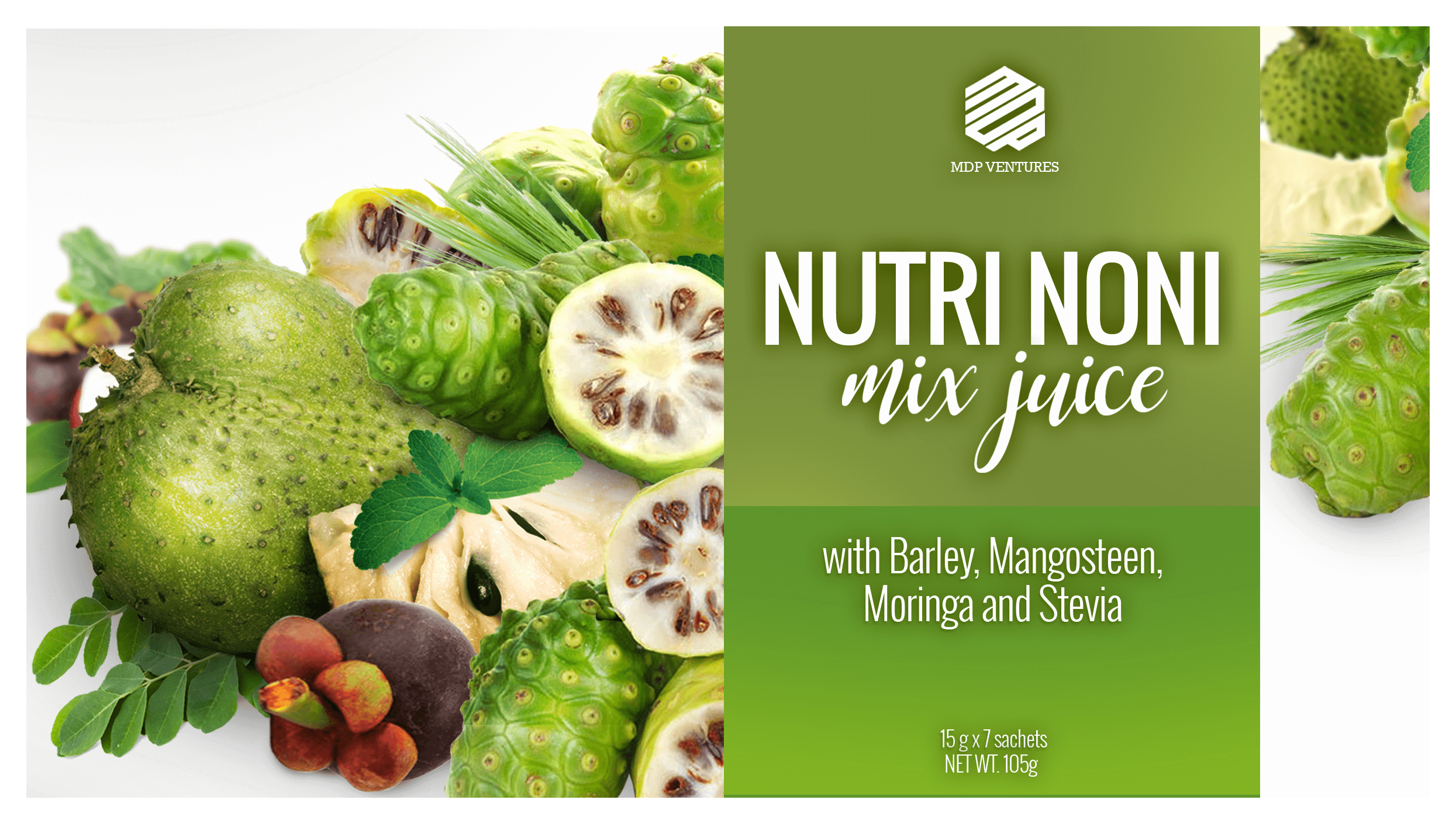There have been more than 400 different traditional plant medicines documented for treating diabetes. Few of these plants have been studied for their efficiency, although, in undeveloped countries, they are often the main choice for non-insulin-dependent diabetes.
Under no circumstances should children or adults who are insulin-dependent discontinue their insulin injections. Herbal treatments may be used after consultation with your family doctor. If you do implement any dietary supplementation, it is wise to advise your doctor of any changes so they can have all of the facts when monitoring your health.
Certain minerals such as Zinc 25mg; Chromium 50mcg-125mcg; Magnesium 300mg; and Manganese 15mg have been useful to help glucose metabolism normalize. Note that mg stands for “milligrams” and mcg for “micrograms”.
Other helpful supplements include: Vitamin B6 and B-Complex, Brewer’s yeast, and Vitamins A, C, and D. Brewer’s yeast naturally contain chromium, and this mineral assists in the metabolism of sugar.
Some popular herbs for reducing sugar in the urine include Sweet Sumach, Pipsissewa, Olive leaves, Jambul seeds, and onions. Bitter Melon and Balsam pear have also been used successfully. Guar gum has been used in hyperglycemia to reduce the sugar in the blood.
Where the pancreas is still functioning, hypoglycemic herbs can be effective. Popular hypoglycaemic herbs used to raise blood sugar levels include Goldenseal, Dandelion root, and German Chamomile.
Additional “anti-diabetic action” herbs include Goat’s Rue, Bilberry berries, Fringe Tree, Fenugreek seeds, Aloe Vera, and garlic.
Diabetic Neuralgia
Cayenne pepper has been successfully used for Diabetic Neuralgia. There are creams containing the active ingredient capsicum that may be applied and capsules are available for internal consumption. Cayenne is beneficial for increasing circulation and this can be beneficial for some of the cardiovascular side effects of diabetes as well.
Diabetic Gangrene
Tinctures with equal parts of Echinacea and Thuja have been very helpful for this necrotic condition. The tincture can be taken internally, 30-60 drops, and also rubbed externally onto the affected area.
Blindness, Glaucoma, and Detachment of the Retina
Developing cataracts is a common occurrence in diabetes. Although surgery may be necessary, herbs can be supportive of these issues. Preventative checkups with the eye doctor and related health care specialists are the best defense for this complication.
Heart Disease and Kidney Strain
Coronary Heart Disease is common in diabetics. Women in particular need to be proactive so as not to develop atherosclerosis at an early age. Taking essential fatty acids can greatly benefit the heart and the cardiovascular system. They can help lower triglyceride levels and bring high blood pressure down. High blood pressure unfortunately can place extra strain on the kidneys. The kidneys may become exhausted from excreting too much protein. Lime flowers, Hawthorn, and Yarrow can be helpful for this situation.
Foot Ulcers
Feet that are exposed to unconscious bruising and chafing may develop an injury from which septic ulceration may occur. Chamomile foot baths are a very soothing and healing treatment that can be easily done at home. Remember to check the temperature of the water before soaking the feet.
One great way to balance your blood sugar and manage your diabetes is by taking Nutri Noni Mix Juice. Order it here only at Orgaanics!

